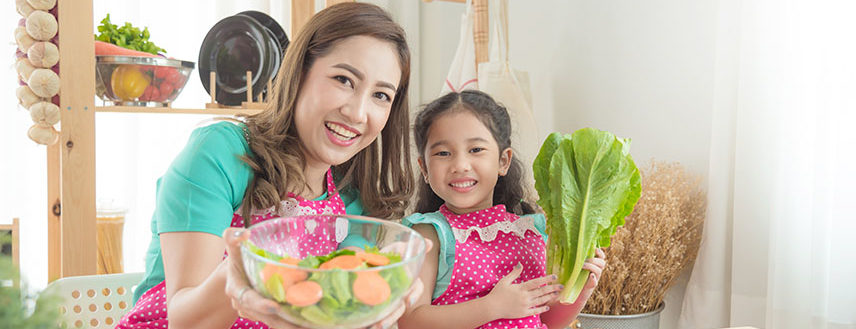
To be clear, there is no single food or diet that can prevent or cause breast cancer, but dietary choices may make a difference in the risk of developing breast cancer and overall well-being while living with breast cancer.
Breast cancer can begin in different areas, grow in different ways, and require different kinds of treatment. Just as particular types of cancer respond better to certain treatments, some cancers respond well to specific foods.
The following foods can play a role in a healthy diet in general, and they may also help prevent the development or progression of breast cancer:
- Fruits and Vegetables – A study of 91,779 women found that following a diet comprising mainly plants could cut the risk of developing breast cancer by 15%.
- Fiber – Fiber is good for your overall health, especially your blood sugar levels, heart, and digestive tract. Some studies have suggested this type of diet can lower your risk of breast cancer.
- Low-fat milk and Dairy Products
- Soybean-based Products – the latest studies show soy doesn’t raise cancer risk — it may even lower the chances the disease will return.
- Vitamin D – Studies show a link between low levels of this nutrient and higher chances of breast cancer. It may also play a role in the growth of tumors.
- Spices – Spices with anti-inflammatory properties may help reduce the risk of breast cancer.
- Antioxidants
Foods that may increase the risk of different kinds of cancer, including breast cancer, include:
- Alcohol – Beer, wine, and liquor boost estrogen in the body, which raises concerns about tumors that are sensitive to that hormone.
- Sugar – Eating a lot of sugar on a regular basis can lead to obesity and other conditions that make cancer more likely.
- Red Meat – According to one study, Women who ate the most red meat compared to participants who ate the least red meat had a modestly increased risk of breast cancer
- Fat – Your best bet is to limit saturated fats and trans fats — which come in foods like beef, butter, cheese, ice cream, fried foods, and commercial baked goods.
- Processed Foods – A 2019 study published in the British Medical Journal (BMJ) suggested a possible link between “ultra-processed” foods and cancer. The study defined ultra-processed foods as those lacking vitamins and fiber, which also contain high levels of sugar, fat and salt.
Making proactive dietary choices has no downside. In addition to potentially reducing your risk for breast cancer, healthy eating can improve your overall well-being: It helps keep your energy up, boost your immune system, and provide nutrients your body needs for maintenance and repair.

Leave a Reply